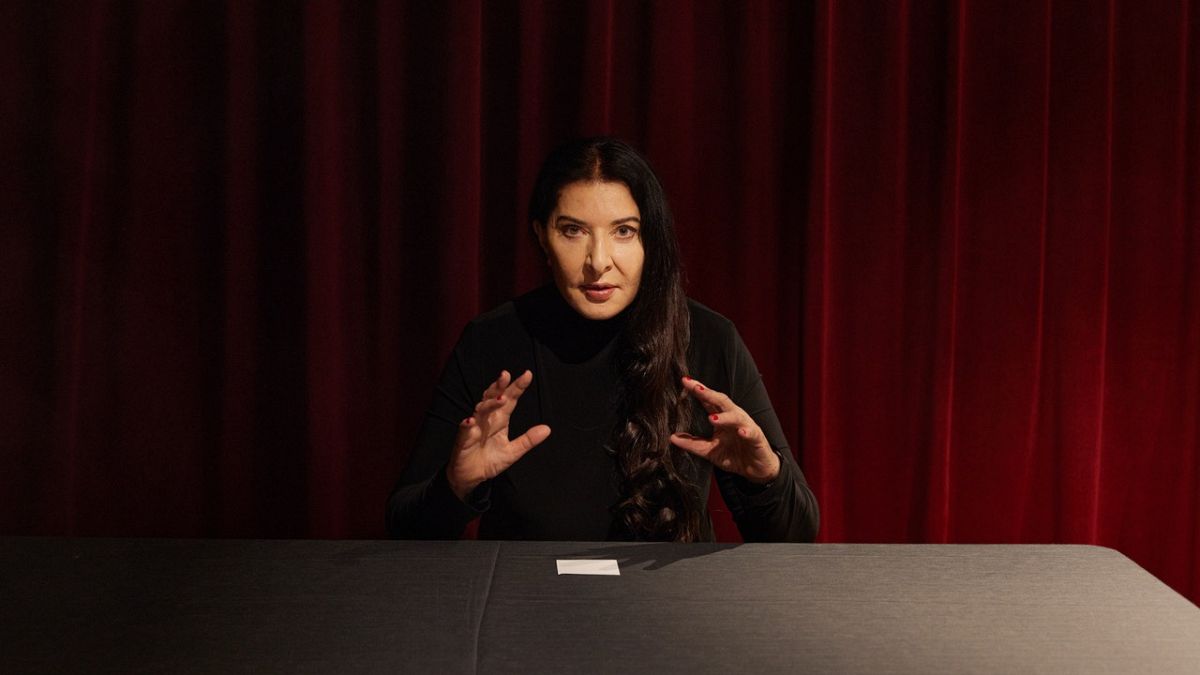Published on
The Japan Art Association has revealed its laureates for the Praemium Imperiale, the awards widely known as the “Noble of the Arts”
Serbian performance artist Marina Abramović has won the sculpture award for her long career of putting her life on the line and using her own body as a medium for her spectacular work.
She first grabbed worldwide attention in 1974 with Rhythm 0 by inviting audiences to interact with her using one of 72 objects on a table at a Naples gallery. While people started tamely – offering her a rose or a kiss – the six hour performance ended with a loaded gun held to her head.
Painting
Scotsman Peter Doig is regarded as one of the world’s most important and expensive living painters. His modernist creations are celebrated for their colour, composition and perspectives, weaving together history and everyday life. Many of his most well known works stem from the 20 years he spent living in Trinidad and Tobago and the relationships and real-life encounters he had on the Caribbean island.
His works often sell for several million euros and perhaps to add to their intrinsic value, he only produces up to six paintings a year
Architecture
Eduardo Souto de Moura is known throughout Portugal and beyond for his minimalist approach to gaining maximum impact.
His buildings have been widely praised for their functionality, careful use of natural materials and their unexpected dashes of colour. The 58-year-old also won the prestigious Pritzker Prize for architecture in 2011.
Cinema and performing arts
Choreographer and dancer Anne Teresa De Keersmaeker has the added distinction of becoming the first Belgian to win the award for cinema and the performing arts. She’s devised more than 60 pieces over her forty year career
In 1982, she found fame with Fase: Four movements to the Music of Steve Reich; a ballet based on the music of Reich, himself a Praemium Imperiale winner in 2006.
Music
Hungarian-born pianist András Schiff is one of the world’s leading interpreters of Bach and his music. Over the years he’s also gained a reputation for using his platform to protest over politics, describing it as a moral duty. He lived in Austria for more than a decade and courted controversy for refusing to perform in 2007 to demonstrate against the formation of a government that included the far-right party of Joerg Haider. He’s also voiced extreme concern over Hungary’s Prime Minister Viktor Orbán and his combative and critical stance towards the European Union.
Each laureate will receive 15 million yen, or approximately €92,000 at a ceremony to be held in Tokyo on October 22, 2025.

